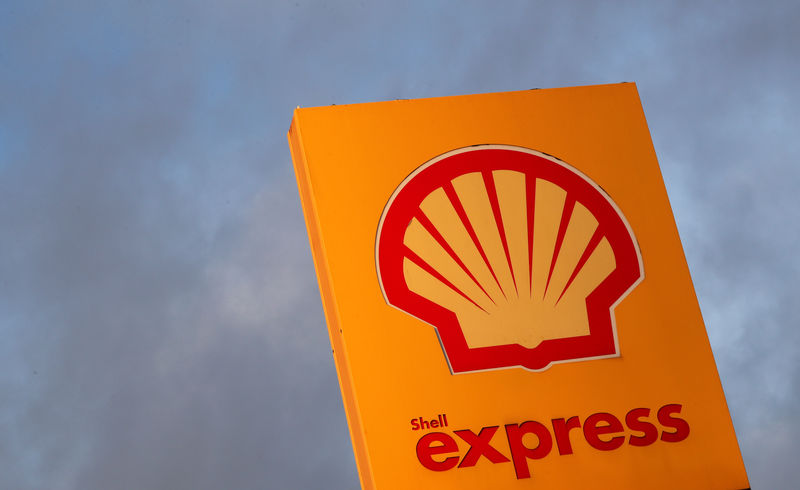By Clara Denina , Stephen Jewkes and Toby Sterling
LONDON (Reuters) - A domestic consortium set up by Royal Dutch Shell (LON:RDSa) and pension fund manager PGGM has taken a bigger lead in the race for Dutch energy company Eneco as two other contenders have dropped out, sources close to the matter said.
French oil and gas company Total SA (PA:TOTF) and Italy's electricity giant Enel (MI:ENEI), which had teamed up with Dutch pension fund manager APG, have both dropped out of the process, said the source.
One of the sources added that APG was now looking for a new partner. A spokesman for APG declined to comment.
Infrastructure fund Macquarie and Japan's biggest trading house Mitsubishi Corp are also still in the race for the company estimated by analysts to be worth about 3 billion euros ($3.4 billion), sources said. One said French nuclear energy utility EDF (PA:EDF) had also made a non-binding offer.
Enel, Total, Macquarie and EDF declined to comment. APG and Mitsubishi were not immediately available to comment.
"This month we're reviewing non-binding offers, and we expect to notify the parties involved soon about what we've decided, and then we'll move on (to the next phase in the sale process)," said Eneco spokesman Edwin van der Haar.
Shell and PGGM said in January they were looking to bid jointly, a move seen as an attempt by the two companies to bolster their firepower and put off competitors.
The 53 Dutch cities that currently own Eneco kicked off the sale in May.
The company, which generates about half its electricity from renewable sources, had initially attracted the interest of other European utilities and major oil and gas companies, keen to switch to greener energy to meet government climate change goals and reduce their carbon footprints.
But the privatisation has been long delayed, as management sought a flotation or partial sale, while shareholders wanted to keep all options open, including an outright sale.
The differences between the two parties, eventually resolved with the help of a mediator, discouraged some of the parties that had initially expressed interest.
The field of prospective buyers has been steadily narrowing, with Austrian energy group Verbund, French utility Engie and private equity group CVC withdrawing at an earlier stage, sources said previously.
Other private equity investors also refrained from bidding as there was a indication from the company that a strategic buyer would be preferred, the sources said.
